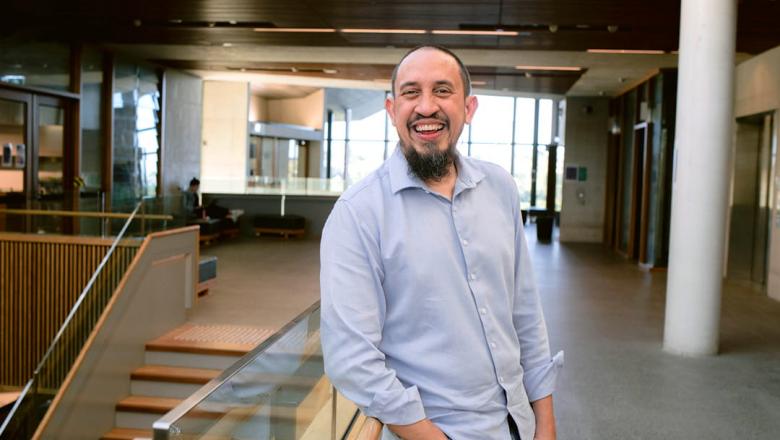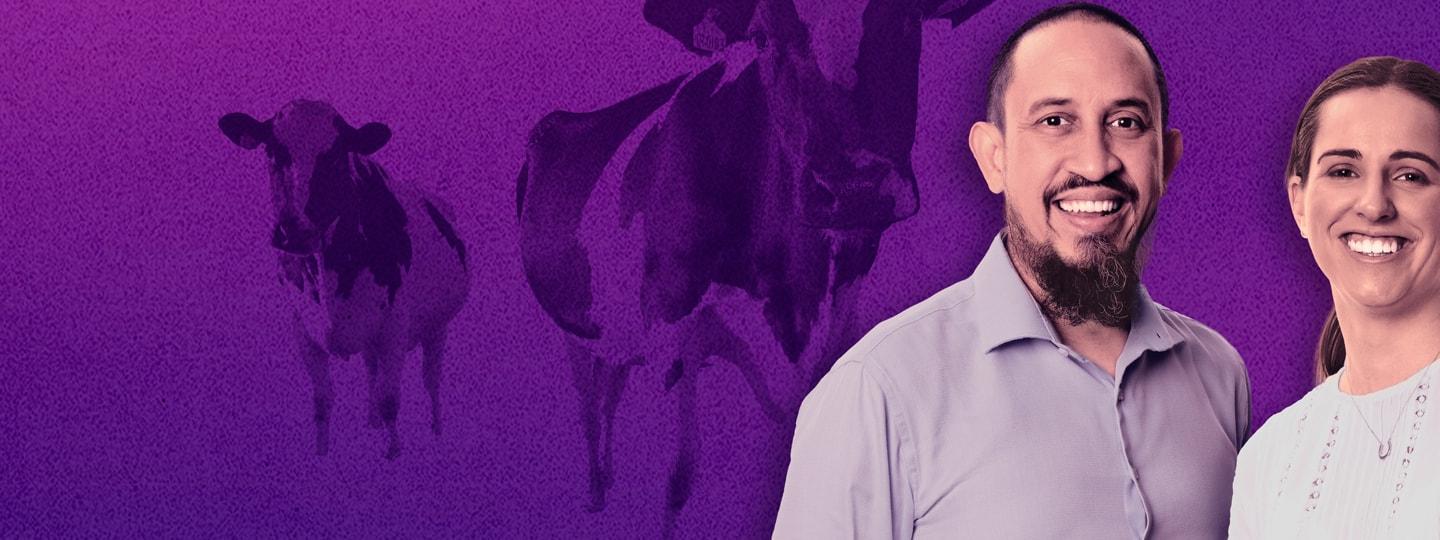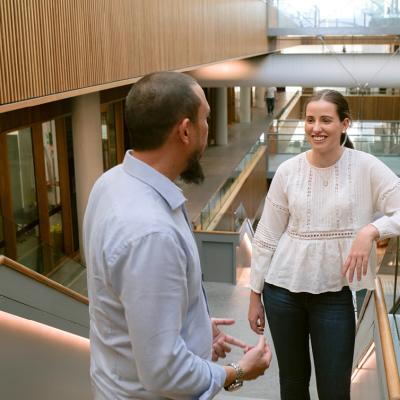Australia’s biodiversity and agricultural ecosystem is unique. With that comes heightened importance for graduates to understand the forces at play.
How much food does Australia produce?
Australia produces enough to feed 3 times our population. So, there’s no doubt about the country's ability to punch above its weight when it comes to agriculture.
Dr Ammar Abdul Aziz of UQ’s School of Agriculture and Food Sustainability describes Australia as “essentially the superhero for the world’s food supply”.
Yet, like every superhero, Australia has a kryptonite – a specific weakness that makes it vulnerable.
“Yes, because of our complex supply chain, we are susceptible to certain disruptions,” says Ammar.
“It’s almost a double-edged sword. The gifts that nature has given Australia to be such a fantastic producer are offset by our reliance on machinery, packaging and fertiliser, much of which is imported.
“A good test of a country’s food security is its ability to survive an adverse event. In light of recent environmental and health crises – and the supply issues these have caused – there is a need to rethink the system so it can withstand future shocks."
“We must focus on the resilience of our food system and the role of Australia in the global ecosystem.”

The changing state of Australia's food supply and exportation
An ecosystem is a complex web of interactions. It’s not just what happens to Australia's food supply that domestic agriculturalists need to consider. When exports like lamb, wheat and wool decline in times of upheaval, this not only forces economic shortfalls, but it can also alter the competition and inter-relation between other primary industry commodities.
What does Australia export?
Australia's biggest export is ores. The country's other major exports include mineral fuels, gems, meat, cereals, machinery and pharmaceuticals.
“I think that because of what’s happened with COVID-19, people are looking at things in a different light now,” Ammar says.
“This is reflected in what UQ is offering in its agriculture and agribusiness programs. Outside the technical components of agriculture, students learn practical business knowledge and acquire skills to hold them in good stead for future instabilities."
“Students gain the founding principles of sustainable food and fibre production while simultaneously being able to navigate and shape Australia’s global fortunes in multiple industries.”
Community-supported agriculture
One topic that Ammar is passionate about and eager to educate others about is community-supported agriculture (CSA).
CSA connects producers and consumers more closely in a way that means conversations about food supply are no longer ‘us versus them’ or ‘city slickers vs farm folk’. Instead, it creates the atmosphere that sustainable, affordable, mutually beneficial agriculture is about everybody being in the same boat and working together.
This approach to agriculture encourages people to share in both the risks and rewards of farming by buying shares in a projected harvest for a set period of time. Shareholders can receive regular produce deliveries directly from the farm, cutting out intermediaries and, in some instances, supply labour as part of their contribution.
“A large part of that dynamic is the increasing importance to people of knowing exactly where their food is coming from and how it has been produced,” says Ammar.
“Society went for a long time simply taking for granted that the food being produced for consumption was safe and beneficial."
“Now, due to recent events and wider levels of awareness, people want to be doubly sure that what they are putting into their bodies is not going to place them at risk, and that it complies to their moral values. I think that’s a positive in many ways, as it draws the community together and has the potential to elevate elements like trust, quality, fair reward and symbiotic relationships.”
Own the unknowns of agribusiness and agricultural science at UQ.






